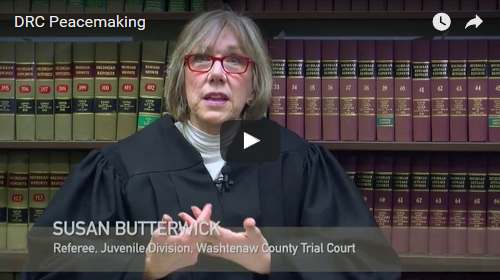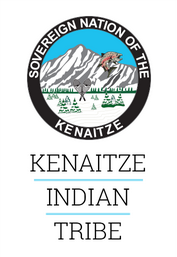Judge Tim Connors to Present at World Peacemaking Conference
Judge Tim Connors to Present at World Peacemaking Conference Date: April 1, 2017 Where: University of Michigan at the Michigan League 911 North University Avenue, Ann Arbor, MI 40109. The conference is open to the public. Indigenous Peacemaking Initiative advisory committee member Tim Connors will present at a breakout session at 10:30 AM Saturday at the Rotary World Peacemaking Conference. The breakout session is titled, “Native American Peacemaking and Restorative Justice: Auras of Hope for… Read More »Judge Tim Connors to Present at World Peacemaking Conference

